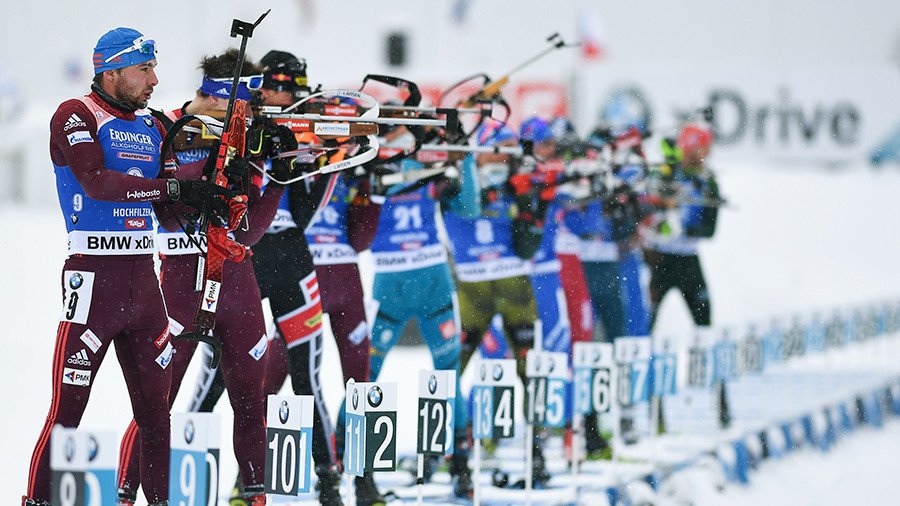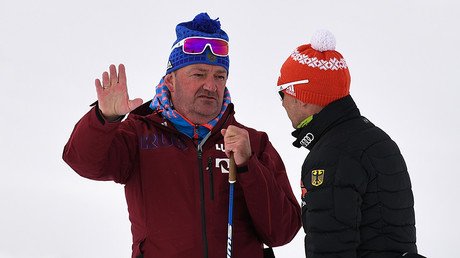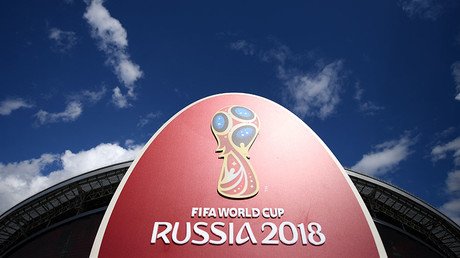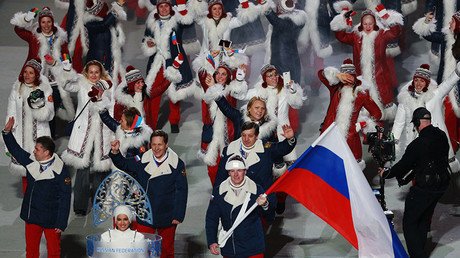IBU relegates Russia to provisional member, but keeps it as final Biathlon World Cup stage

Russia has been relegated to provisional IBU member status, but retained its right to host the final stage of the 2017-18 Biathlon World Cup, the executive board of the International Biathlon Union (IBU) ruled in an extraordinary session Sunday.
“The IBU Executive Board herewith relegates the RBU (Russian Biathlon union) to provisional membership… With limited membership rights” over doping violations, a statement by the IBU read. The ruling makes Russia ineligible to take part in the IBU Congresses and to nominate a representative to the organization’s governing bodies.
Russia’s status as full member will only be reconsidered at the end of the 2017-2018 season (which concludes in March) and if the International Olympic Committee lifts its ban on Russia – supposing no new doping violations are uncovered, and if the country cooperates with the relevant anti-doping international investigations, the IBU said.
Despite the move, Russia’s Viktor Maigurov will maintain his position as IBU first vice-president, Anders Besseberg, IBU chief, said during a news conference in the Austrian resort of Hochfilzen.
The IBU decided not to cut the Russian national team’s quota at the Biathlon World Cup, Besseberg said. Russia has also maintained its right to host the final stage of the 2017-18 Biathlon World Cup, scheduled for March 20- 25 in the Siberian city of Tyumen.
“The decisions of the IBU Executive Board are adequate and satisfactory for [the] Russian Biathlon Union in the current situation,” Maigurov, who is also an RBU board member, told Sport-Express. According to the double Olympic biathlon bronze medalist, the issue of Russia maintaining the Tyumen stage of the World Cup was decided during a vote. “There were some voices in favor and some against. In the end, we were allowed to keep all of the events,” he said.
The IBU executive board met to discuss the International Olympic Committee's (IOC) decision regarding Russia’s participation in the 2018 Winter Olympics in South Korea and said it “accepted and will implement in time” the ruling by the Olympic bosses.
Last week, the IOC blocked Russia from sending an official delegation to PyeongChang 2018, but granted ‘clean’ Russian athletes the right to take part in the Olympics independently, without their national flag and anthem.
The decision was based on the investigation by the IOC Disciplinary Commission led by Denis Oswald, which, according to Olympic chiefs, confirmed “the systematic manipulation of the anti-doping rules and system in Russia.”
Russia has blasted the ruling as unfair and politically motivated, put President Vladimir Putin said the country “will not impose any blockade, will not bar our Olympians from taking part [in the games], if any of them would like to participate on their own.”
Putin said the larger part of accusations against Russia were based “on evidence, which has not been proven and is largely unfounded” as well as statements by fugitive former Russian anti-doping official Grigory Rodchenkov, whom the Putin described as “a man whose moral and ethical values and mental state raise many questions.”















